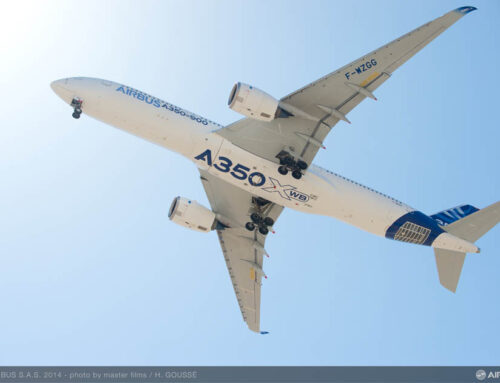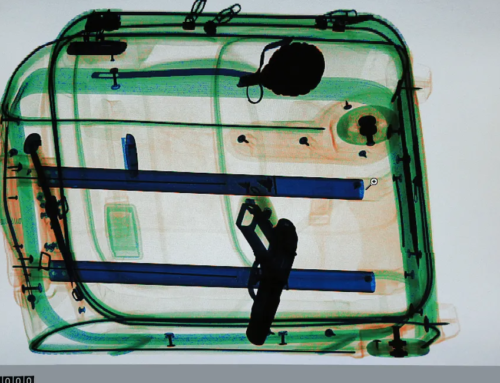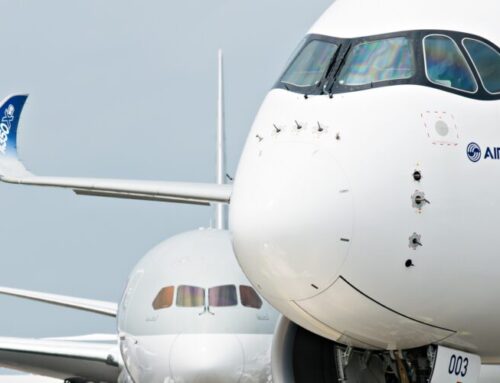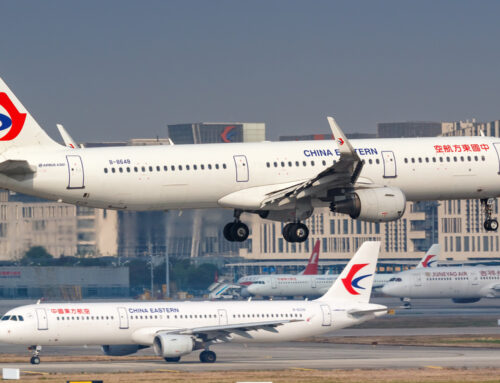
Artificial Intelligence (AI) has become the great disruptor across numerous sectors of the economy and society. It has not only impacted the digital world, but the physical world. And air travel has not been immune to such effects.
AI systems use data to support decision-making. One way that it has impacted commercial air travel is how it supports revenue management, the process by which airlines set ticket prices to maximize their revenue.
Anyone who has shopped for an airline ticket knows that airfares fluctuate constantly (known as dynamic pricing). Every airplane has a fixed capacity. As seats are sold or reservations are cancelled, available seats change. The airlines may even assign a different airplane equipment to a route, further complicating the pricing calculus.
The most challenging part of setting ticket prices is that every route during every time of the day has different passenger demand profiles and reservation cancellation rates. This is based on the day of the week and even the type of traveler who typically flies certain routes (like leisure versus business travelers). That is why airlines overbook seats on their airplanes, which are a perishable commodity; once an airplane takes off, all empty seats are lost potential revenue.
All the information needed to support revenue management is embedded in historical data. Such data is critical to make useful demand forecasts for seats on every route and on every scheduled flight. AI models are adept in making such forecasts. By capturing patterns in how seat demands change over time, these models can provide reliable forecasts that permit airlines to raise or lower airfares in unexpected ways in near real time.
The revenue management models dynamically modify airfares using buckets of seat classes. Yet without reliable demand forecasts, such models produce suboptimal results, effectively leaving “money on the table” once an airplane departs.
AI enhances the forecasting process to maximize total revenue. It can achieve this by improving demand forecasting so that prices can be set with greater precision. Revenue management models are like having a powerful jet engine, yet without reliable demand forecasts, this is akin to having no fuel to run it. Squeezing extra percentage points of revenue out of each airplane can be the difference between profitability and losses.
From when travelers book their ticket, to when they arrive at the airport to fly, AI has a role. It may mean that you could pay more for your ticket than you would like. It also informs airlines on how they should set their schedules so that the flights you are looking for are indeed available.
By Sheldon H. Jacobson, Ph.D. He is a founder professor of computer science at the University of Illinois Urbana-Champaign.
Contact info:
Sheldon H. Jacobson, Ph.D.
Founder Professor of Computer Science
Director, Sim. & Opt. Lab. & Director, Bed Time Research Institute
Department of Computer Science
University of Illinois
201 N. Goodwin Avenue (MC258), Urbana, IL 61801-2302
217-244-7275 (office) & sheldon.jacobson1 (skype)
shj@illinois.edu







